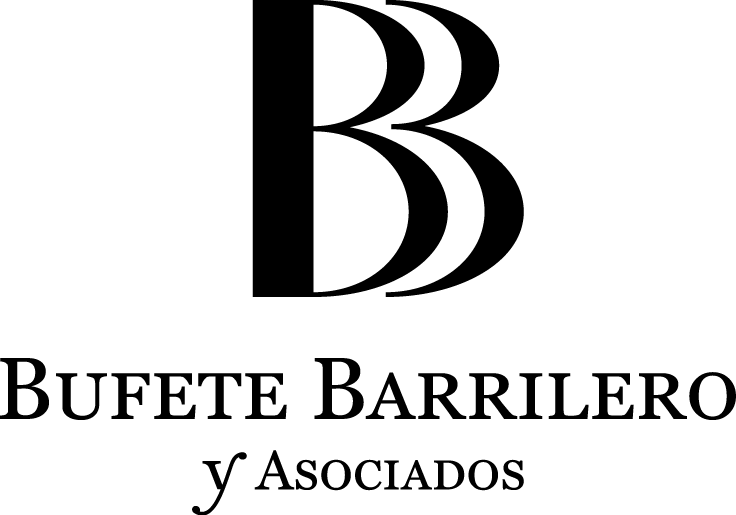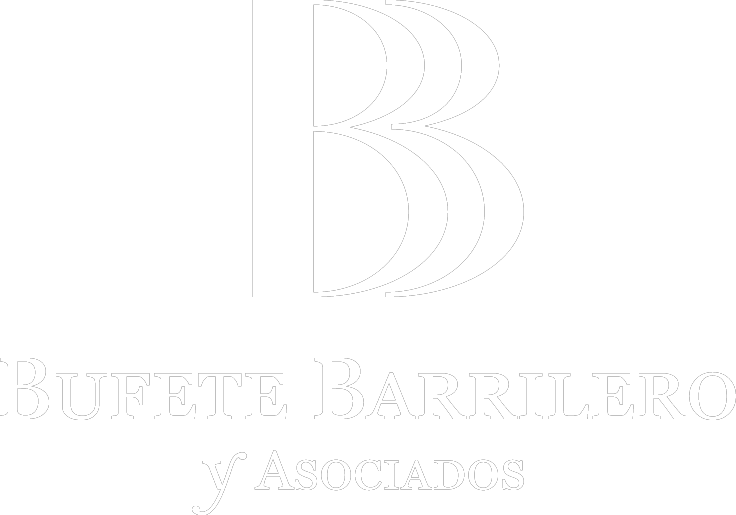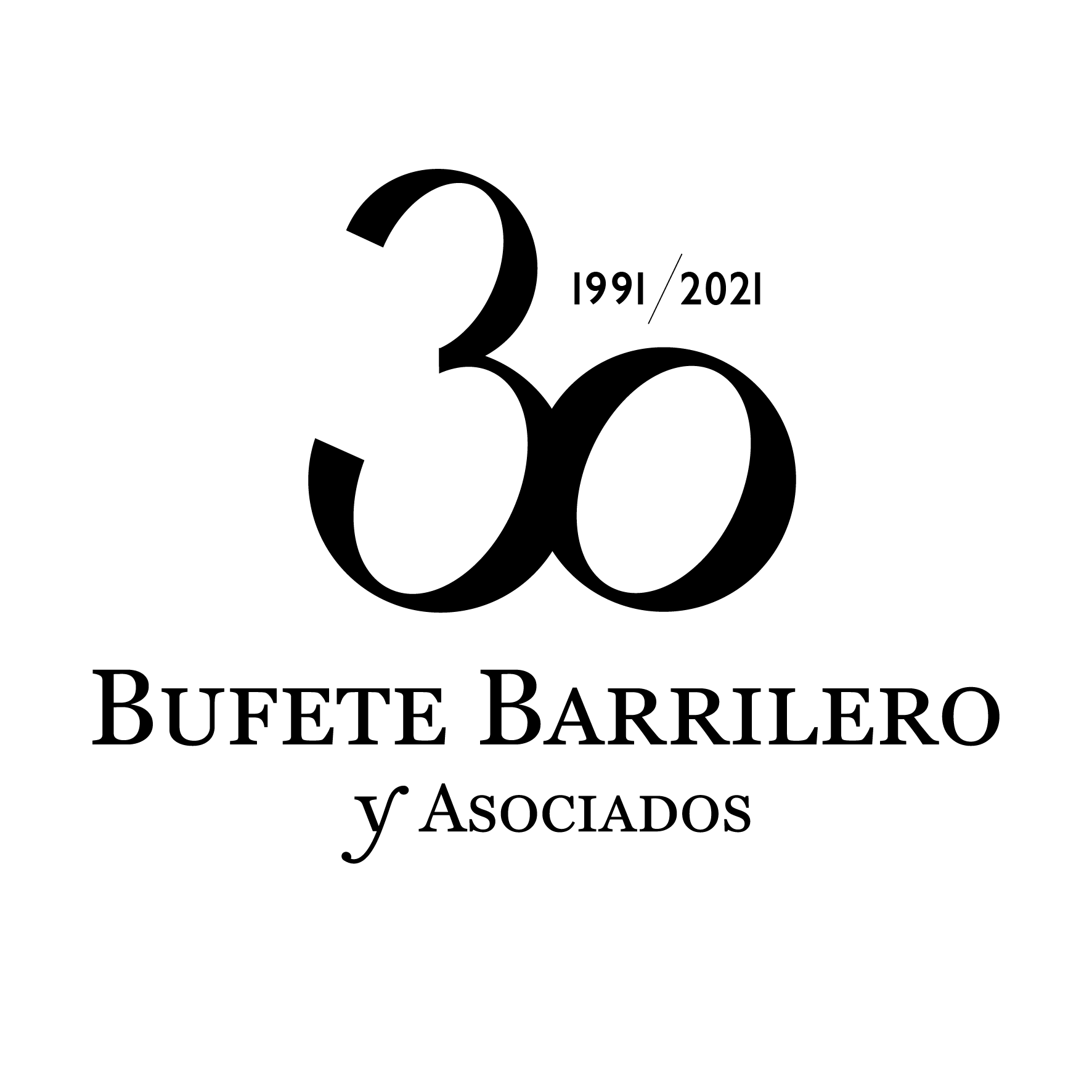TAX LAW
Inés de Grado
On March 22, 2024, the Central Economic-Administrative Tribunal (TEAC) issued Resolution No. 7583/2022, affirming an earlier ruling that an individual performing management functions may also serve as a full-time employee. This person is therefore eligible for the 95% reduction in the Inheritance and Donations Tax (ISD) in cases of inheritance transfers of a family business.
In this decision, TEAC upheld an appeal submitted by a taxpayer whose application for the family business reduction under the ISD had been denied by the Tax Agency of Galicia (ATRIGA) and, later, by the Regional Economic-Administrative Tribunal of Galicia (TEAR). ATRIGA argued that the taxpayer’s company did not meet one of the requirements in Article 4 of the Wealth Tax Law (IP)—a standard to which the ISD Law refers to determine eligibility for the family business reduction—specifically, the requirement of engaging in an economic activity for IP purposes.
To determine what constitutes an economic activity, the Wealth Tax Law refers to the Personal Income Tax (IRPF) regulation. The IRPF provides a specific criterion for determining whether a business activity is being conducted when a company is engaged in leasing real estate: activity management by a full-time employee on a labor contract.
In this specific case, ATRIGA ruled that the family business had only one employee, working part-time for ten hours a week as the company’s sole director. However, the taxpayer provided evidence that the sole director also held the title of General Manager and demonstrated effective full-time engagement in this role.
TEAC, aligning with both the Supreme Court’s perspective and previous rulings, adopted a more flexible approach aligned with current business practices. Specifically, TEAC concluded that having an employee to manage an economic activity (such as real estate leasing) adds a presumption of compliance with the essential element of “arrangement on one’s own account of production means or human resources, or for the purpose of intervening in the production or distribution of goods or services.” Therefore, the presence of a full-time employee should not be the sole criterion to prove the existence of economic activity.
Furthermore, TEAC reiterated in prior rulings that, for ISD purposes, the same individual performing management duties may also fulfil the full-time employment criterion established in IRPF regulation for classifying real estate leasing as a business activity. Therefore, TEAC found that the taxpayer in question was entitled to the 95% ISD reduction on the transfer of the family business by inheritance.
This TEAC criterion surpasses the traditional stance of the General Directorate of Taxes (DGT), which asserted that the management of real estate leasing activities and the management of the company could not be the responsibility of the same individual. However, TEAC’s ruling from March 22 establishes a reiterated criterion, which, therefore, should be binding for tax authorities and regional and local economic-administrative tribunals.
The TEAC decision reflects a sensible approach aligned with the current Spanish business landscape, offering legal certainty and avoiding restrictive interpretations that may not align with the everyday reality of many family businesses. Although the resolution pertains to a specific case, it may set a valuable precedent, emphasizing the importance of tax and estate planning in family business succession scenarios. In any event, each case will need to be examined on its own merits, taking into consideration both the means available to companies engaged in real estate leasing and the functions performed by the employee managing the activity.


